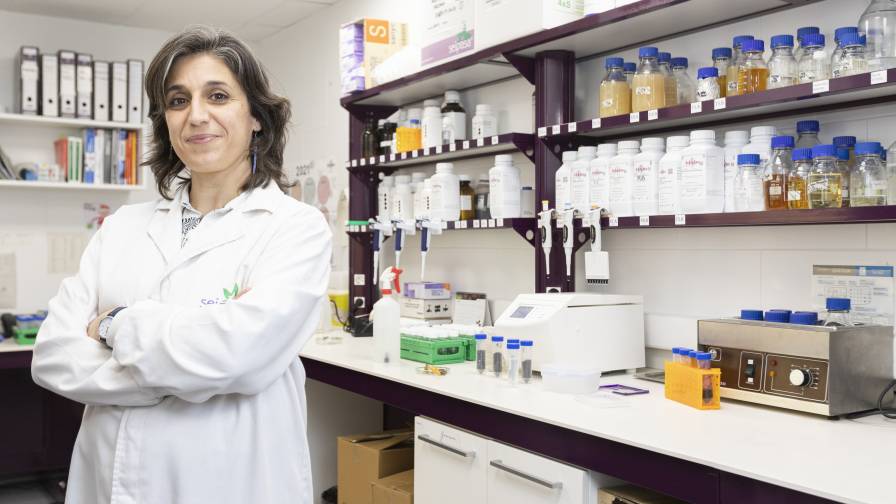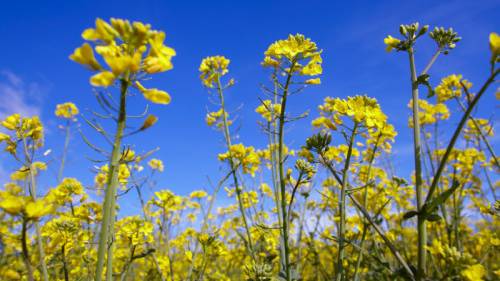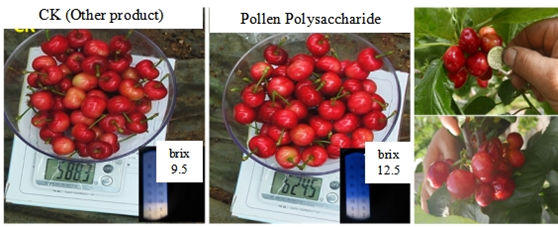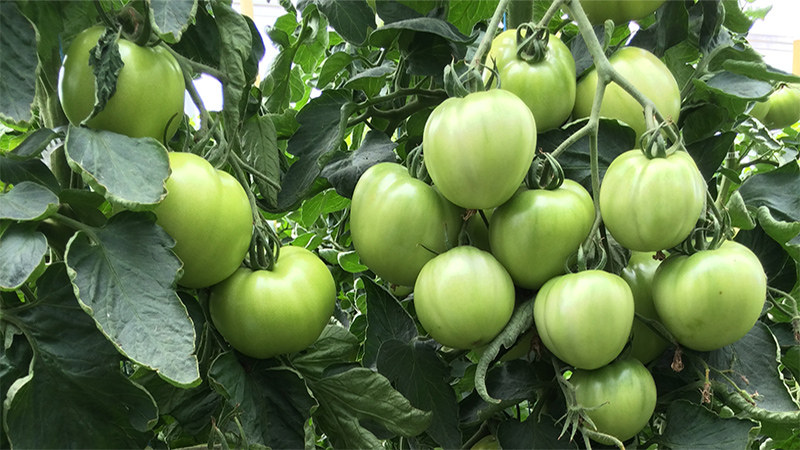Biostimulants and Beyond: How Seipasa Uses the Power of Bacillus Subtilis for Plant Health, Disease Control

Dr. Inmaculada del Castillo is the Microbiology Area Manager at Seipasa. Photo courtesy of Seipasa
AgriBusiness Global recently reached out to Dr. Inmaculada del Castillo, Microbiology Area Manager at Spain-based Seipasa, to learn more about how Bacillus subtilis is used in the biostimulant and biofungicide markets in agriculture.
ABG: Can you explain what Bacillus subtilis is and how it is used in agriculture?
Dr. Inmaculada del Castillo: B. subtilis is a bacterial species belonging to the genus bacillus, a group of bacteria characterized by its bacillary form and the ability to form spores: a resistance mechanism that allows this microorganism to survive in adverse environmental conditions, which makes it very resistant to the conditions it may encounter in the field.
Subtilis is a species known for its ability to produce antibiotic molecules, the lipopeptides, which exert a potent action against phytopathogenic fungi, so its use is widespread in agriculture for the control of crop diseases. This property is variable for the different strains of this microorganism since each of them produces different types of lipopeptides.
But in addition to this antifungal function, B. subtilis has other benefits for crops, also depending on the strain, such as the fixation of atmospheric nitrogen, or the solubilization of essential nutrients such as phosphorus or potassium, as in the case of our biostimulant strain SEIBS23 of Seipasa.
It is a ubiquitous soil bacterium, because it adapts well to various types of environments, which facilitates its use in a wide range of crops, in contrast to what happens with other microorganisms with a much more specific and restrictive microorganism-host relationship that limits their use with respect to the family of crops in which they can be used.
ABG: What are the benefits of using Bacillus subtilis? What are the challenges?
IC: The use of B. subtilis helps to reduce chemical inputs while improving crop and soil health. It has proved that microbial inoculants for agricultural crop treatment result in a more sustainable solution that, in addition to improving agricultural production, strengthen the soil microbiota and have benefits on soil structure and resilience to climatic events.
However, sometimes microbial inoculants do not perform as well in the field as they do in the laboratory. To ensure that a biostimulant fulfills its function and develops its full potential in the field, it is essential to have a deep knowledge of the strain: its performance in different environmental situations, in combination with other usual treatments of the farmer, in different types of soil.
We work with different strains of B. subtilis, not only on our biostimulant strain SEIBS23, but also biocontrol strains as the component of our biofungicide product Fungisei, a product registered in several countries of the European Union, Latin America, Africa and in the United States where it is marketed under the brand name AVIV.
The enormous amount of work carried out over the last few years has allowed us to know well the differences between organisms and to adapt the formulations of our products to the requirements of the strains, which is fundamental to get the highest efficacies.
ABG: What regulatory concerns has Bacillus subtilis faced?
IC: Even though the biostimulant activity of the B. subtilis microorganism is widely documented and tested in the field, in most cases there is an impossibility to register this type of products, since most of the times the regulations of the different countries do not go hand-in-hand with the technological progress and do not usually include the biostimulant category. Therefore, these kind of products should be adapted to the classic categories of nutritional fertilizers, which cannot claim the specific function and benefits of this microorganism for the plant.
ABG: How can you describe the current market for this bacterial species?
IC: The growth prospects for the biostimulant market in the coming years are clearly optimistic, with double-digit annual growth rates in all regions of the world, especially in Latin America. Obviously, this environment is also very positive for all applications and developments with B. subtilis in the biostimulant segment.
The real trust of producers in this kind of developments and, above all, the need to increase crop resistance to all kinds of stresses and to implement more intensive production systems are some of the reasons behind the significant growth of these products.
ABG: What else do we need to know?
IC: The use of microbial inoculants as biostimulants is a tool with great potential that demands precise knowledge of the conditions required by the microorganisms to ensure a stable product is capable of performing its function once applied in the field.
This is the reason why the coordinated work between different disciplines is so important, not only microbiology but also molecular biology, biochemistry or agronomy. In Seipasa, we have a broad coordination between the different departments to generate the necessary knowledge about our products that allows us to ensure optimal performance of our biostimulants in the field.
In close collaboration with organizations such as research institutes, universities, but also with farmers and with our team of agronomists, we develop theoretical knowledge in the laboratory about the strains we work with. Our goal is to effectively develop products based on the action of microorganisms.





